(ECNS) -- Emerging markets worldwide are striving to promote the diversification of currencies and enlarge trade settlement channels for their own currencies.
China and Brazil have reached a deal to trade in their own currencies last month, ditching the U.S. dollar as intermediary.
Malaysian Prime Minister Anwar Ibrahim who concluded his visit to China recently told the country’s parliament on Tuesday that Malaysia no longer believes it is necessary to depend on the U.S. dollar.
Ibrahim said he had proposed the Asian Monetary Fund as Finance Minister in the 1990s, but at the time, the U.S. dollar was very strong so the proposal was not well received in Asia.
“With the economic strength of China, Japan, and so on, I think this proposal should be negotiated at least about the Asian Monetary Fund and can utilize the ringgit and the country’s currency accordingly,” Ibrahim stated.
By the end of March 31 when the meeting of ASEAN Finance Ministers and Central Bank Governors closed, ASEAN members agreed to use their own currencies more in this region and reduce the use of major international currencies in cross-border trade and investment.
Such a decision is the extension of the Local Currency Settlement (LCS) framework, which was signed by Indonesia, Malaysia, Thailand and the Philippines in 2016.
Latest research shows that since the LCS was signed, Thailand's export share traded in Thai baht has increased significantly, and under the LCS framework, the share of trade settled in local currencies between Malaysia and Indonesia has increased from 1.4 percent in 2018 to 4.1 percent in 2020.
China and Indonesia officially launched the local currency settlement framework in September 2021, which is conducive to cut the transaction costs of enterprises on both sides, expand the use of local currency in economic and trade exchanges between the two countries, and release the potential of trade, investment and financial markets.
South African Foreign Minister Naledi Pandor in January said she hopes to find a way to not use the U.S. dollar as an intermediary and establish a more fair payment system that doesn’t favor western countries among the BRICS members.
Brazil is promoting regional monetary integration. Brazil and Argentina, the two largest economies in South America, announced in January that they intend to launch a currency union called the “sur” (the south), which will drive trade in the region and rely less on the U.S. dollar.
At the end of 2022, Russia and India also agreed to switch to trade settlements in their national currencies.
In addition, as a representative of the Middle East economies, Saudi Arabia repeatedly expressed its wish to join the BRICS last year. Its Finance Minister Mohammed al-Jadaan said in January that Saudi Arabia would like to consider settling oil trade in non-U.S. dollar currencies.
According to the data of the International Monetary Fund (IMF), as of the fourth quarter of 2022, the proportion of U.S. dollars in global foreign exchange reserves has dropped to 58.4 percent, the lowest level since data records began in 1995.








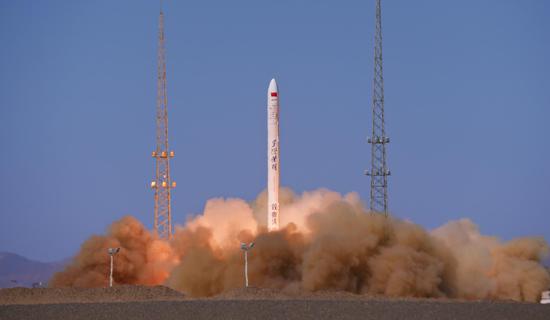

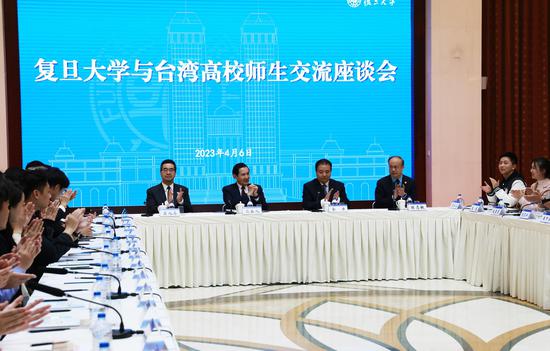








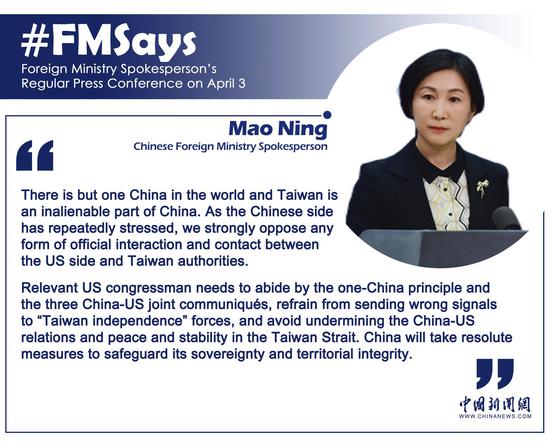


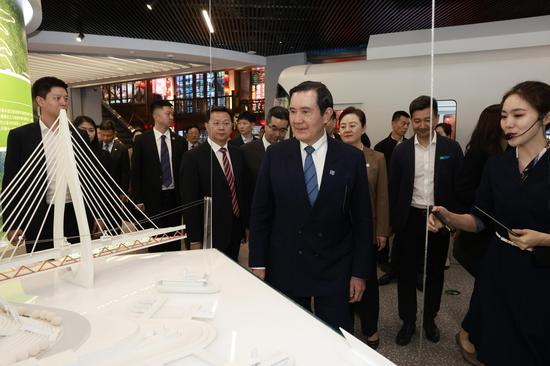


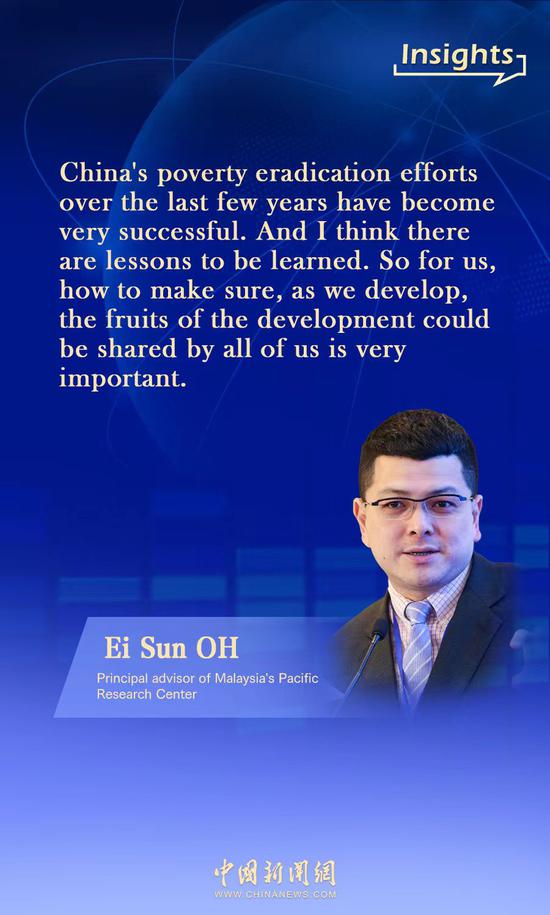



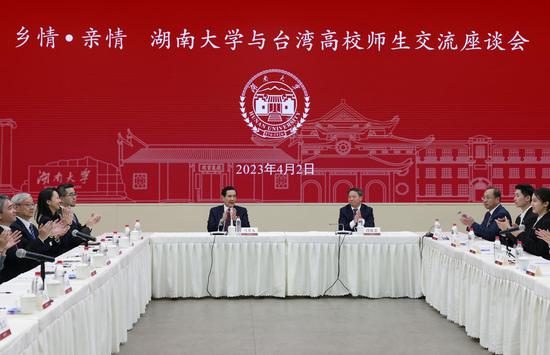
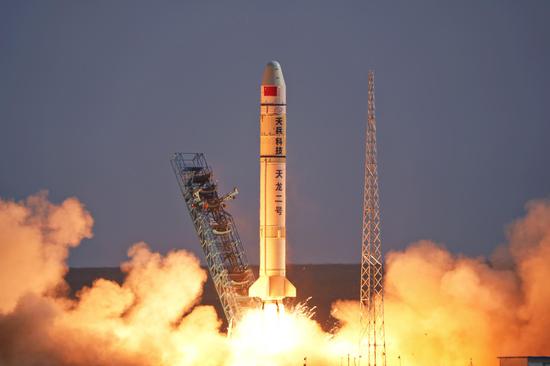



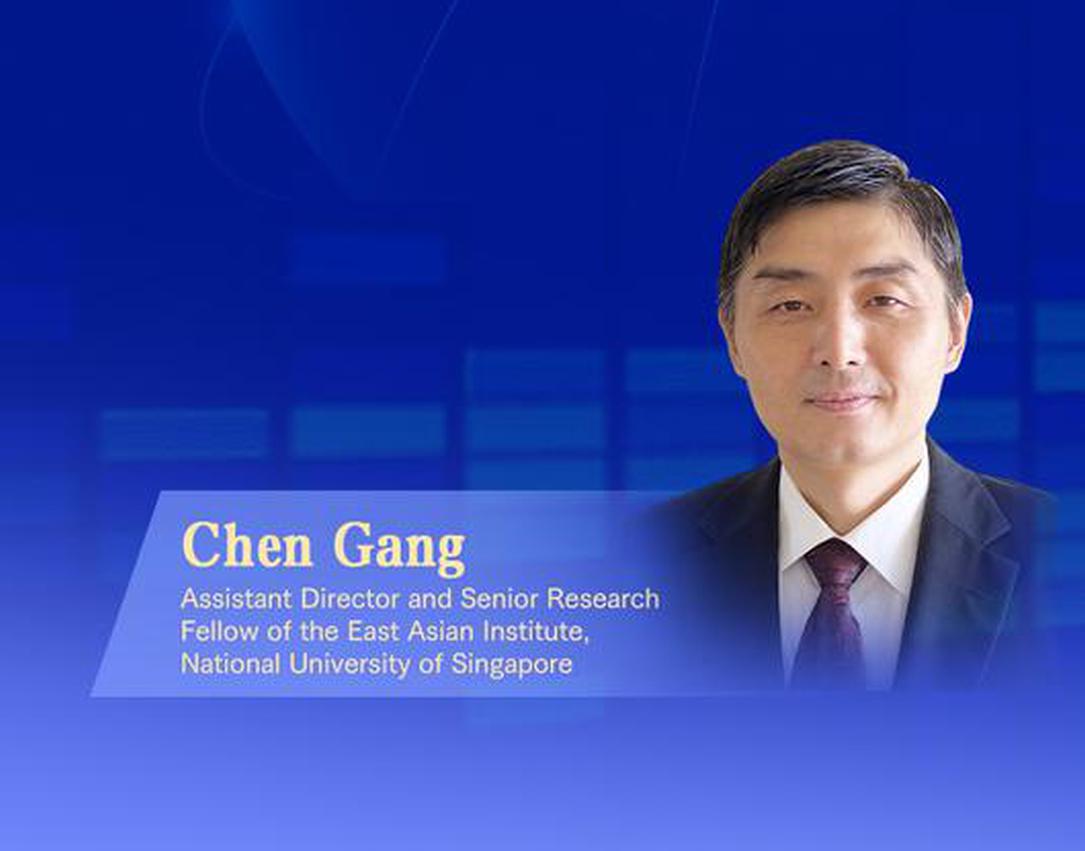

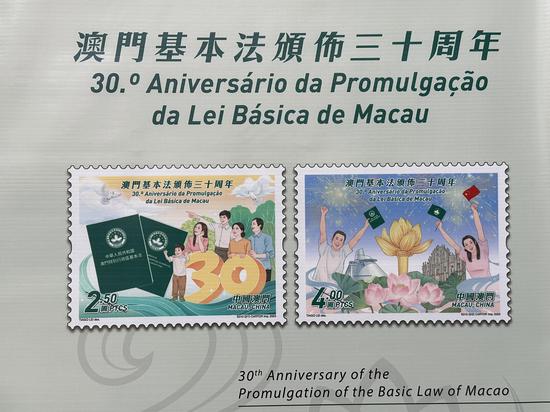



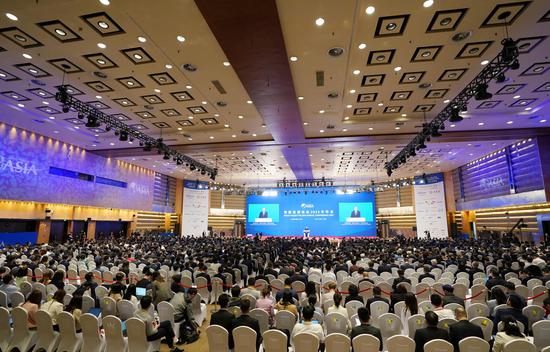
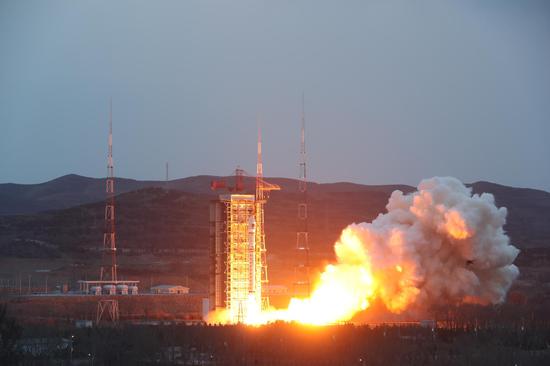








 京公網安備 11010202009201號
京公網安備 11010202009201號